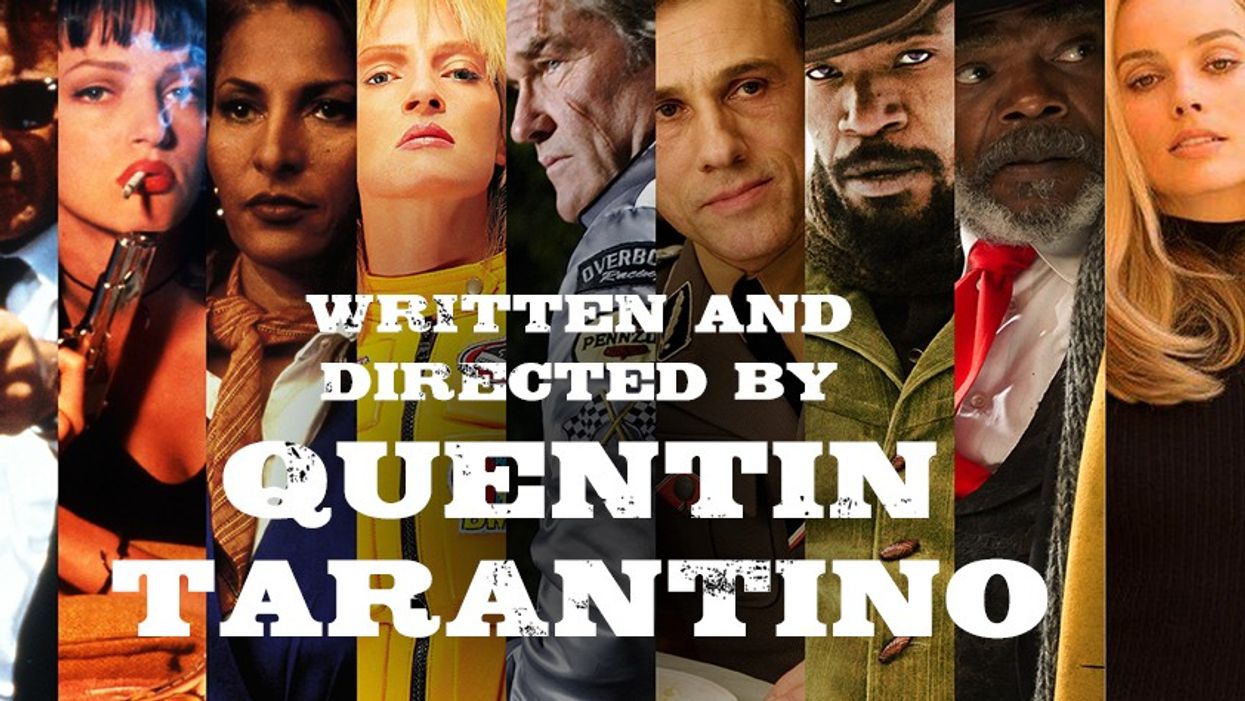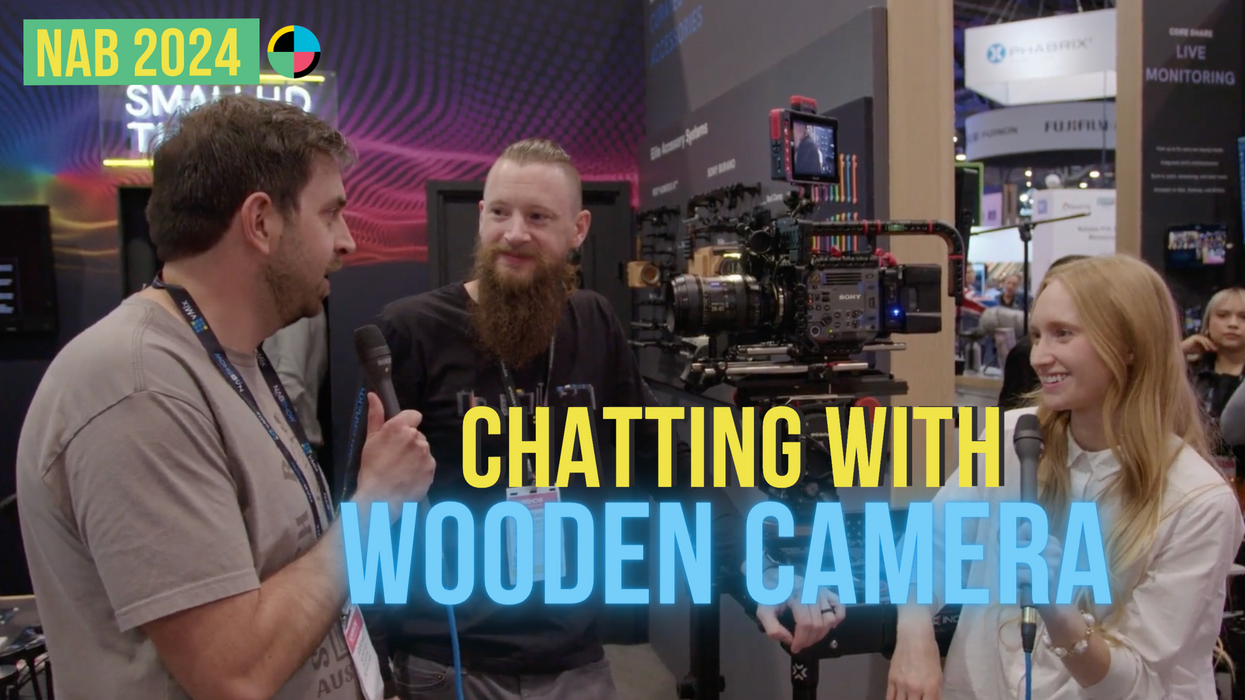How Tarantino Protected 'Once Upon a Time In Hollywood's' Script From Hackers
Quentin Tarantino has been burnt by his script being stolen and published before, now, he's taking extreme precaution...

I know we're covering Tarantino a lot lately, but we only get one movie every few years, so we're filling our quota all at once. The craziest part of all of this is that we almost lost a Tarantino movie a few years ago. When the Hateful Eight screenplay leaked, Tarantino at one point decided not to make the movie.
Instead, Tarantino used the script to perform a stage play.
While that play went well, Tarantino used the newfound energy to make some changes and to make The Hateful Eight a movie again. Still, the primary lesson he learned was that in the digital era, he had to protect his script.
And I'm not talking about getting a copyright.

So, what did Tarantino Learn about Script Protection?
When I was a development assistant, we had lots of ways of protecting scripts. We'd send encrypted PDFs, print screenplays on silver-colored pieces of paper so they couldn't be photographed or copied, and even made people come to the office to get a read, but for Once Upon a Time In Hollywood, Tarantino went medieval on their asses.
According to a report in The Huffington Post, Tarantino only had one actual copy of the script made. That meant the only people who were allowed to read it had to do so at Tarantino's kitchen table. Once he decided on using Brad Pitt and Leonardo DiCaprio, they each had to read it individually with him present.
In the article, cinematographer Robert Richardson talks about how he approached working with Tarantino on the project.
“I went to his house to have dinner...We had drinks beforehand. We were talking about the movie and how to possibly shoot it. Then I sat down in the kitchen, which is adjoining the little dining-room table that adjoins his living room. I was thinking he was going to leave. He didn’t. He was walking about the living room the entire read. And I’m talking three and a half hours. And I’m writing notes down. I could see him in the corner, and he’d just sort of look and see if there’s a smile on my face and why I was making a note. He would calculate how deep I was into the script, how many pages. It was very difficult and hard to do. But I have such a close relationship with him. For me, I didn’t mind. I didn’t have anything to hide.”
What's even more amazing is that Richardson went on to say the script didn't have the ending. That was not provided until much later. And the people who did read the screenplay had to sign a very strict NDA that barred them from talking about certain elements.
Tarantino has always been famous for having a "No Cell Phone" policy on set. For his newest movie, everyone had to check their phones in with a valet going to and from set.
This sense of secrecy definitely helped add to the legend of the movie and create a buzz. Day players only got sides for their scenes, which, while not unusual, built a ton of suspense. When the movie debuted at Cannes, Tarantino ran the Twitter hashtag #NoSpoilersInHollywood to ensure people didn't speak out of turn.
The hashtag came with this letter from Tarantino espousing his love of cinema, excitement, and desire to keep the audience's eyes fresh.
As I mentioned in the opening, we don't get that many movies from Tarantino. The best part is, they're usually original. They bend cinema in ways we're not accustomed to, and they hopefully open doors for the next generation when they make money.
Tarantino is a singular voice. And I hope we get more protected scripts for years to come.
What's next? Will there be a four-hour cut of Once Upon a Time in Hollywood?
There's a rumor that a four-hour cut of Once Upon A Time In Hollywood is headed to Netflix. Are you ready for more nostalgia?













